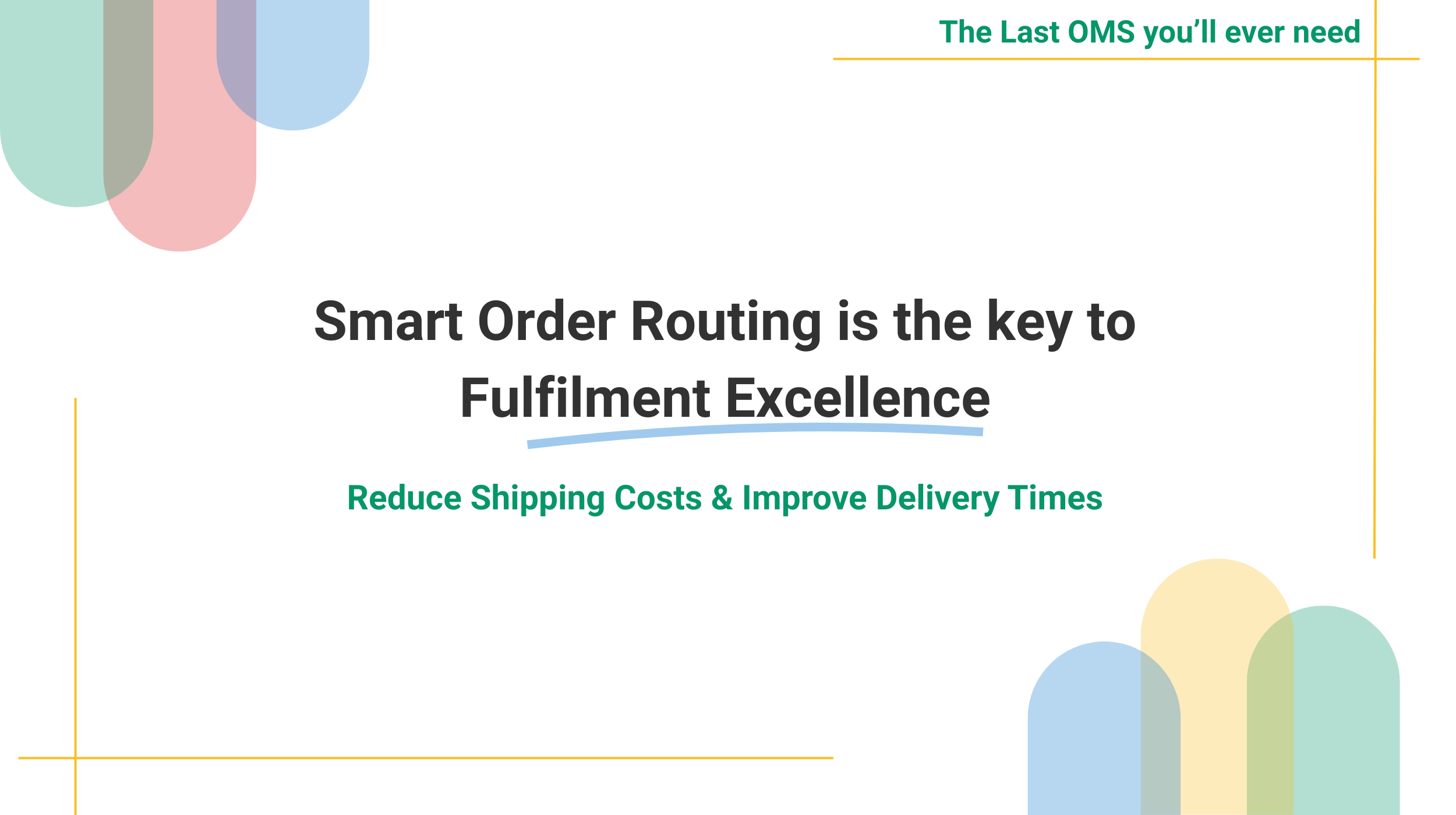In today’s hyper-competitive marketplace, customers expect their orders to arrive faster, cheaper, and with complete transparency. Yet many businesses still struggle with inefficient fulfilment processes that drain resources and disappoint customers. The challenge isn’t just managing inventory—it’s intelligently routing orders to create the perfect balance of speed, cost, and customer satisfaction.
The Hidden Costs of Manual Order Routing
When orders flood in from multiple channels—your website, marketplaces, retail partners, and mobile apps—manual routing decisions become a critical bottleneck. Operations teams find themselves constantly firefighting: rushing expensive overnight shipments to meet delivery promises, holding excess inventory in the wrong locations, and watching profit margins erode with each suboptimal routing decision.
Consider a typical scenario: a customer in Manchester orders a product that’s available in warehouses in Birmingham, London, and Edinburgh. Without intelligent routing, staff might default to the nearest location, only to discover later that Birmingham is out of stock, London has higher shipping costs, and Edinburgh could have delivered faster via a preferred carrier relationship.
The ripple effects extend far beyond immediate costs. Customer satisfaction scores plummet when deliveries are delayed or split across multiple shipments. Warehouse teams become overwhelmed managing inefficient picking routes and processing returns from disappointed customers. Financial forecasting becomes nearly impossible when fulfilment costs vary wildly from month to month, making it difficult to set accurate pricing or predict quarterly performance.
The Multi-Channel Complexity Challenge
Modern businesses face unprecedented complexity in order management. B2B customers might require different delivery schedules than B2C buyers. Premium customers expect priority handling. International orders involve customs considerations. Seasonal products need strategic positioning ahead of peak periods.
Without intelligent systems, these variables create decision paralysis. Operations managers spend valuable time manually assessing each order, often making decisions based on incomplete information or outdated assumptions about carrier performance and inventory levels.
How Intelligent Order Routing Transforms Operations
Modern order fulfilment systems solve these challenges through intelligent automation that considers dozens of variables simultaneously. These solutions continuously analyse current inventory levels across all locations, real-time shipping costs, customer proximity, delivery time requirements, carrier performance history, and even weather conditions that might affect transit times.
The transformation goes beyond simple cost optimisation. Businesses typically see 15-25% reductions in shipping costs while improving delivery times by 20-30%. Inventory turns increase as stock is positioned more strategically based on demand patterns and customer locations. Customer satisfaction scores improve as delivery promises become more reliable and transparent.
Perhaps most importantly, operations teams can shift from reactive firefighting to proactive strategy, focusing on growth initiatives rather than daily crisis management. The data insights generated also inform better inventory planning, supplier negotiations, and customer communication strategies.







